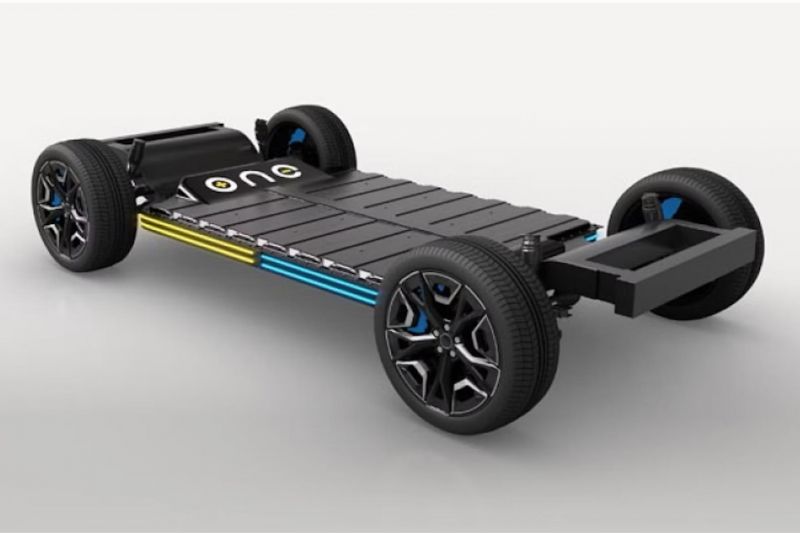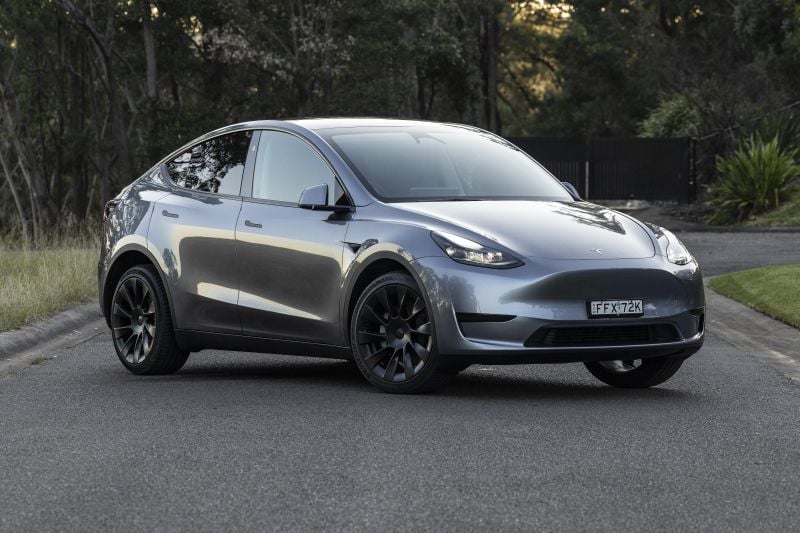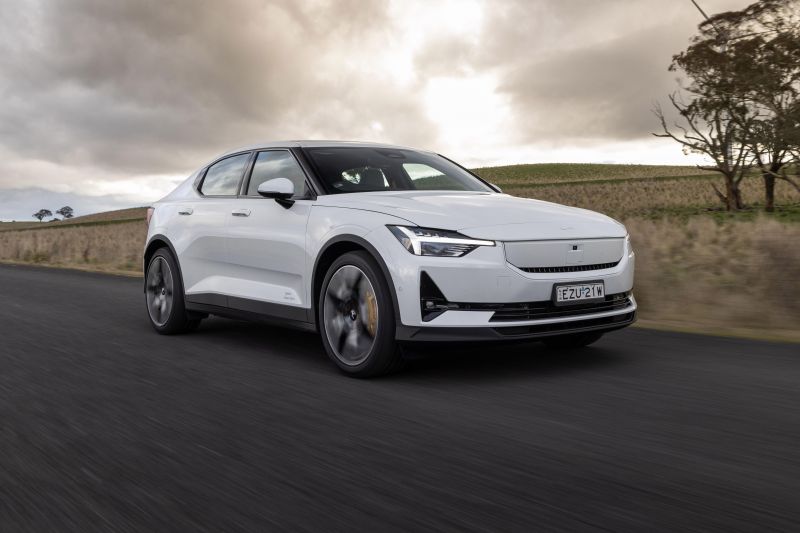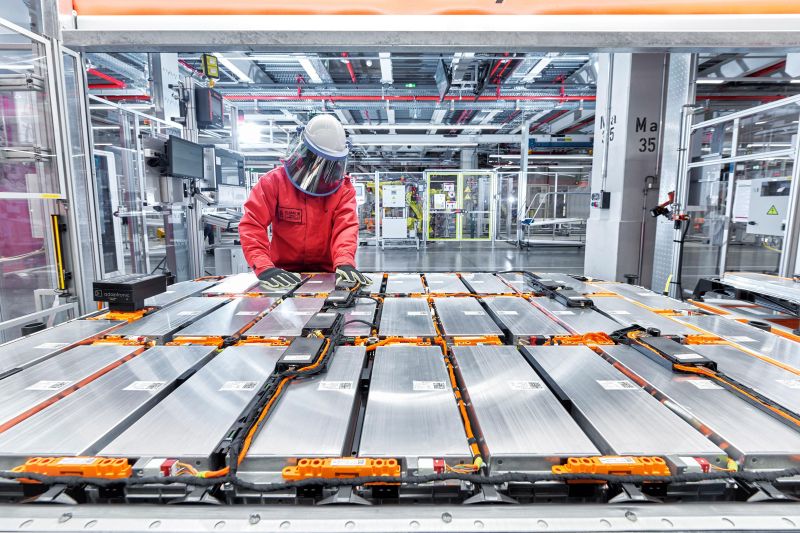Calls to introduce a ‘passport’ for electric vehicle (EV) batteries in Australia have spearheaded conversations at an ongoing federal inquiry, amid fears our battery recycling industry is unprepared for the future influx.
The Australian Associated Press (AAP) – via The Canberra Times – reports this week’s Transition to Electric Vehicles inquiry heard calls for Australia to adopt battery passports like which will be required in Europe from February 2027.
Battery passports are linked to a car’s Vehicle Identification Number (VIN) and provide information such as where its materials come from and who was involved in the power pack’s production throughout the supply chain, as well .
According to the AAP report, the inquiry was told the introduction of EV battery passports would allow the packs be labelled for streamlined and safe handling at the end of their lives.
Automotive and recycling industry representatives were among those voicing their concerns, suggesting the federal government may have as little as six years before the issue of EV batteries become a significant challenge.
This is due to the rising number of EV sales in recent years, which has seen battery-powered vehicles rise to account for approximately eight per cent of new car sales.
The inquiry is reportedly investigating various parts about the transition to EVs, including the impact of such vehicles on the electricity grid, opportunities to save fuel, demand for chargers, and battery manufacturing and recycling.
Suzanne Toumbourou, CEO of the Australian Council of Recycling, claims recycling facilities are already under the pump with limited collection points and a lack of regulation regarding battery recycling.
“The recycling and the waste sectors … are in a crisis relating to incorrectly disposed-of batteries that cause fires in all types of facilities,” Ms Toumourou told the enquiry, as reported by the AAP.
“All batteries, including EV batteries, must be regulated.”
The executive has called for Australia to introduce clear rules on battery labelling, transport, and disposal, including a ban on dumping them in landfill, though such measures would need to be taken before local facilities could break down and process EV batteries.
Polestar Australia’s head of PR and communications, Laurissa Mirabelli, said Australian facilities are already able to extract valuable “black mass” from batteries, which contains metals like lithium, cobalt, and graphite, though they are unable to process the material locally.
“It’s about transparency for customers,” said Ms Mirabelli.
“There’s no standard way of establishing the climate impact of a battery or how you’re sourcing any of the materials in that battery [in Australia], which is why the EU battery passport would be a really good standard for us to adopt here.”
The AAP reports a facility in Victoria has begun recycling EV batteries, although only into black mass for export.
Recommendations include taking the opportunity to recover valuable minerals from EV batteries, though standards and support would need to be established as soon as possible to facilitate the growth in demand.
The inquiry is expected to incorporate public hearings in Melbourne, Brisbane, and Canberra. More information, including dates, is available here.
MORE: The potential crisis posed by dead electric car batteries











